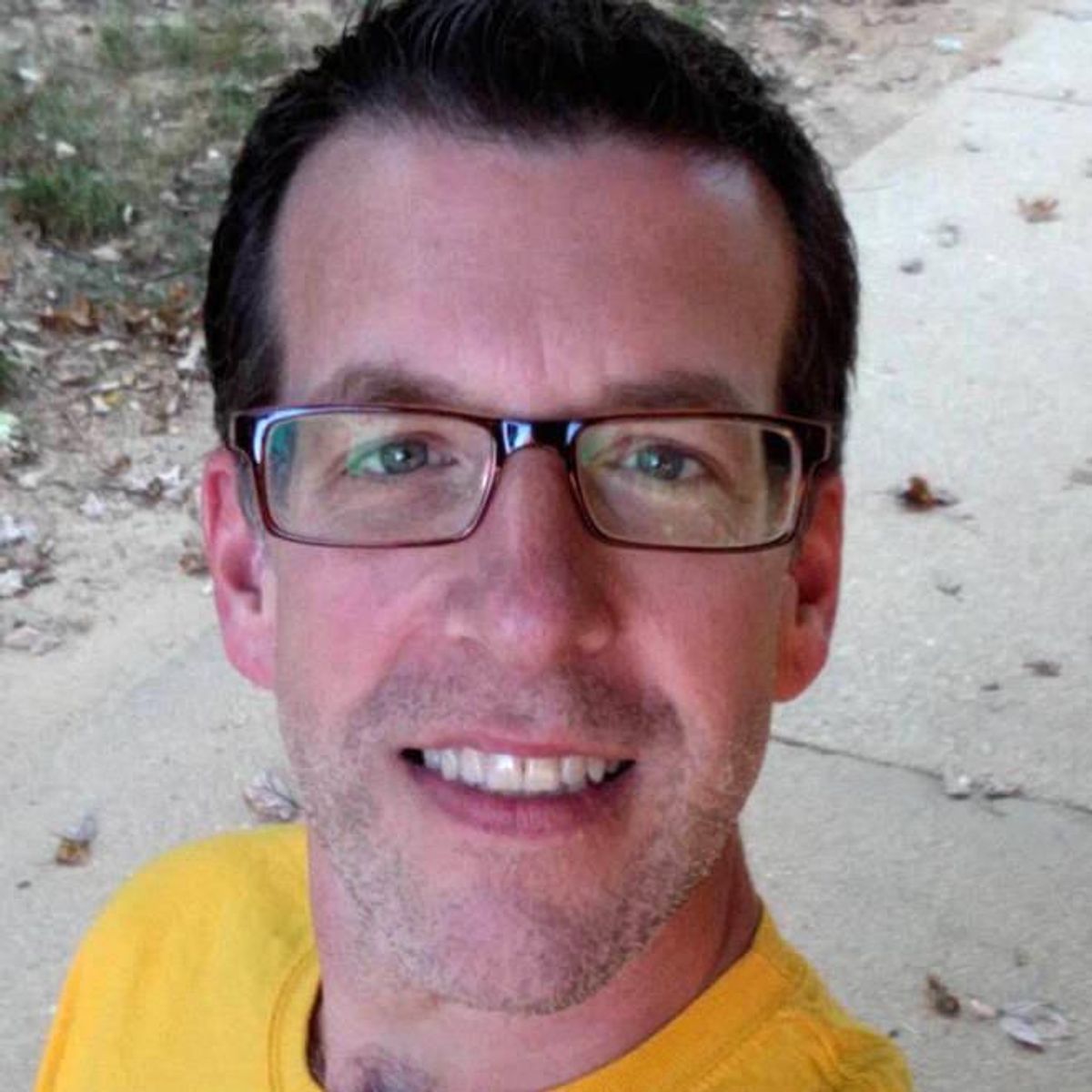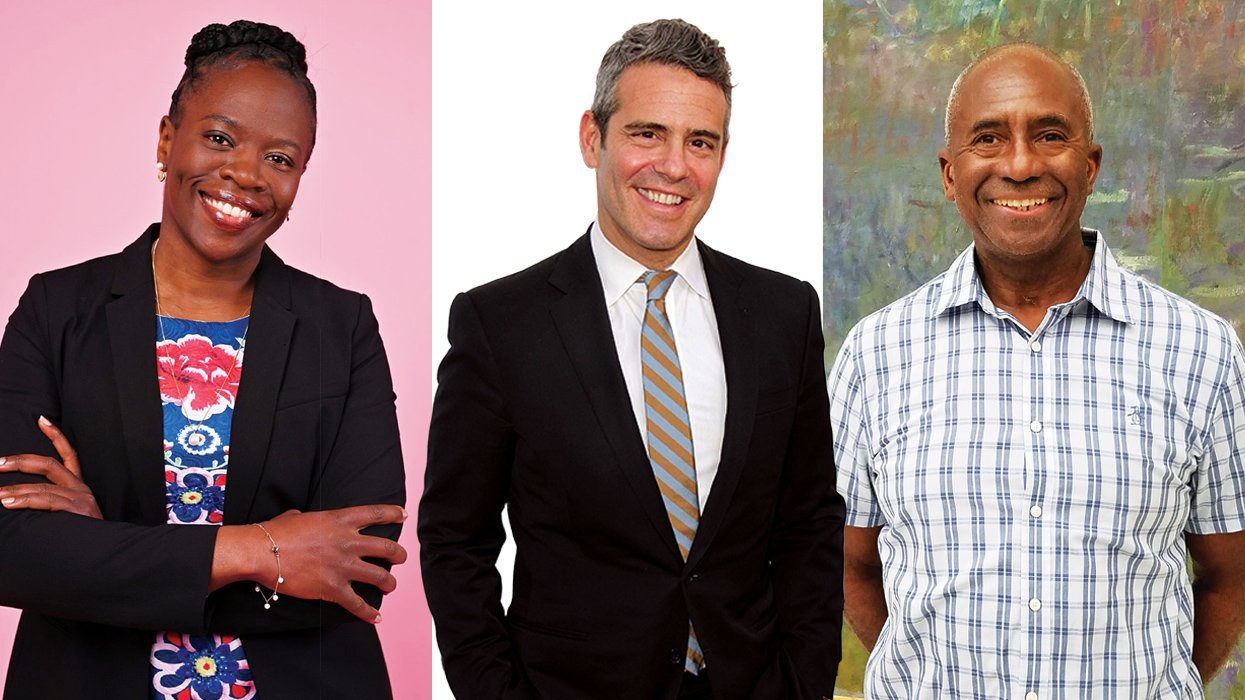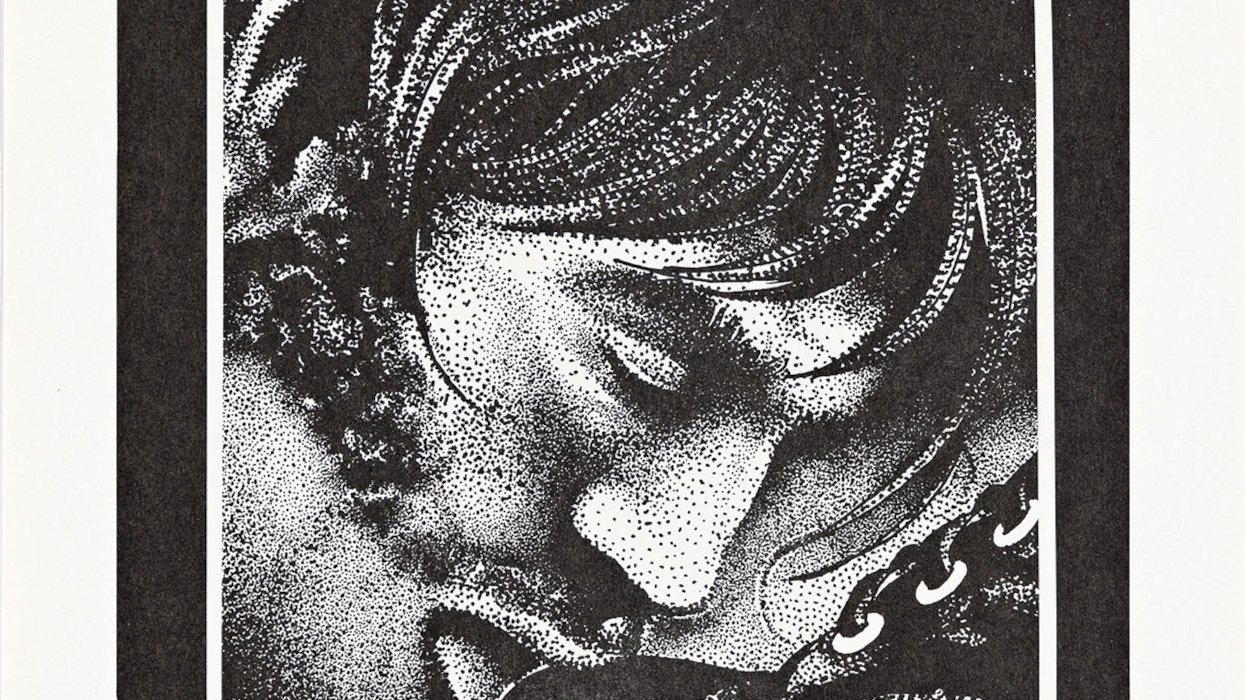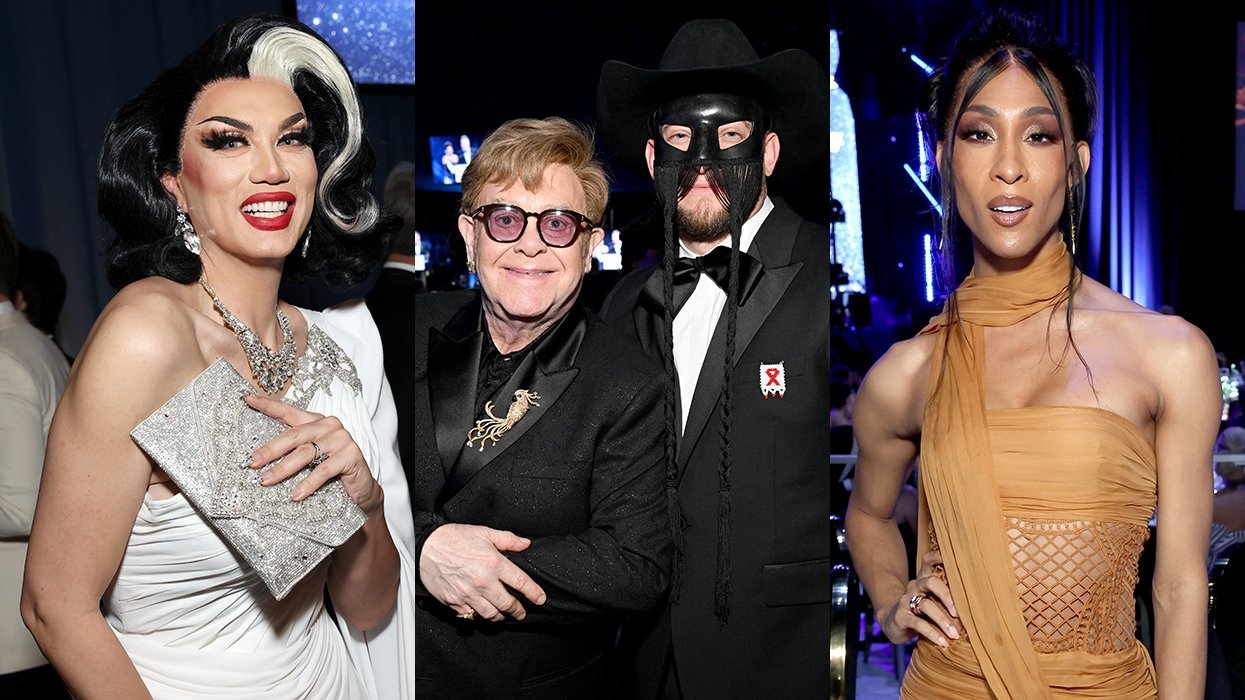For some people, an HIV-positive diagnosis can be utterly devastating at first. Learning how to navigate the health care system and find a doctor who is right for you is hard for anyone. But for Mark Byrd, the experience was surmountable more difficult, because he had to do so without the ability to hear. Mark is a gay, deaf, HIV-positive man, and here is his account of the difficulty that he sometimes faces on his journey.
“When moving to Washington D.C. a year ago, I was informed that I would be moving to an intelligent, vibrant, rich, cultural city which was very appealing. I even looked at the HIV-positive community and was excited to see a very involved community in terms of political activism and social events as I been HIV-positive for more than 20 years. For the most part, the transition to Washington D.C. has been easy. Unfortunately trying to fit in with the GLBT or HIV-positive community has been fraught with challenges.
You see, I am HIV-positive, but I am not like you in a sense. Everywhere I go, I see motionless faces, mouths moving but nothing coming out. All silence. Every now and then, I would see a friendly face in the crowd that expresses their happiness, sadness, joy, and humor with their hands and face. Yeah, I’m Deaf, Gay, and HIV-positive. (I use the big ‘D’ for ‘deaf’ to signify respect for the Deaf community, culture, language and norms.)
I decided to check out the local HIV and AIDS community clinic as I’ve heard great things about it plus I needed to establish medical care. I went ahead and showed up at the clinic to make an appointment at a later date as I wanted to have an American Sign Language (ASL) interpreter present. I pulled out my paper and pen and asked the receptionist if I can make an appointment and to request an ASL interpreter. The receptionist sighed, and wrote on the paper, “Are you really deaf?” I looked at the paper, and looked up to her and started signing to her a mile minute in which she put her hands up to signify, “slow down.” She wrote on the paper, “Have a seat, someone will deal with you in a moment.”
“….deal with you in a moment.” I looked at her words, feeling slightly dejected and wonder if she couldn’t handle the “diversity” of the human population that this HIV/AIDS clinic loves to proudly serve especially those of different “senses.”
Time went by for 45 minutes to the point that I was getting ready to leave when a short woman came out into the waiting room. She walked up to the receptionist who pointed to me. The woman smiled and motioned for me to come with her. “Great, I am going to see the doctor,” I thought. We walked down the hall only to end up in an office. She motioned for me to sit and wrote on paper, “I’m going to go and get the interpreter.” I sat there for 15 minutes before she wheeled in the “interpreter-on-a-stick.” It was a video remote interpreter, meaning that the interpreter was interpreting from a remote place and not in the same room with you. They could be across town or across the country. She opened up the “How to do” book on how to operate the machine. I was starting to get antsy. She dialed the number and got the video to open up to an interpreter only to run into a problem. The medical interpreter was not available for another 45 minutes.
I shook my head and signed, “No-no-no.” She looked at me and shook her head, “yes.” I wrote on paper asking her, “Why are you dictating my language and communication needs? All I wanted to do was to set up an appointment at a later date with the doctor and a live ASL interpreter. That’s all I want.”
She looked at the note, smiled, and wrote, “We don’t do that here. ASL interpreters are expensive. This is a cheaper alternative.”
I looked at the note, shook my head, “No.” I got the feeling that this was not going to be a “Deaf-friendly” nor “Deaf accessible” and got up and started to leave when she grabbed my arm. I looked at her quizzically with her writing furiously on the note. She wrote, “You do qualify for our services but you have to understand, we can’t afford it.”
I looked at her disappointedly and wrote: “I find it ironic that the HIV-positive community is knowledgeable with the ADA law and uses it to the betterment for the community and yet can’t provide for their own.”
She looked at me, stunned, her mouth was open. I got up, smiled at her and walked out the door.
To this day, every six months, when it should be three months to see the doctor, I fly to the west coast to see my other doctor. I still don’t have a doctor in D.C.”

















































































